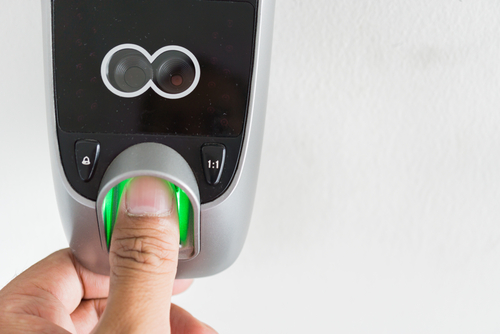
A lack of biometric data sharing regarding terrorist groups at the international level creates a security gap that could be exploited by returning foreign fighters, Interpol said on Wednesday.
The Interpol General Assembly has said the threat needs to be addressed quickly, especially given that at least 15,000 fighters remain within conflict zones and some may become radicalized or return home as part of covert cell operations.
Law enforcement officers face challenges in thwarting fake travel documents, false death reports in combat zones, and issues linked to written communications and documents. The ability to examine fingerprints and DNA, as well as other biometric information, would help agents identify suspects as well as exonerate innocent individuals. The goal is to continue travel flows without unwanted interruptions.
Interpol Secretary General Jürgen Stock said, “Although information shared via Interpol has enabled national law enforcement agencies to prevent numerous terrorists and aspiring foreign terrorist fighters from traveling, the lack of biometric data remains a weak link.”
While Interpol currently houses close to 9,000 images of foreign terrorist fighters, the lack of DNA, fingerprints and high-resolution images makes identifying terrorists extremely difficult.
“Not providing frontline officers with the information they need to positively identify a terrorist returning from the conflict zones is making them work with one hand tied behind their back,” Stock said.
“Governments should take a closer look at the reasons why they cannot or will not share biometric data on terrorists when it is clear that doing so greatly increases the chances of foiling potentially lethal attacks committed by returning fighters,” he added.




